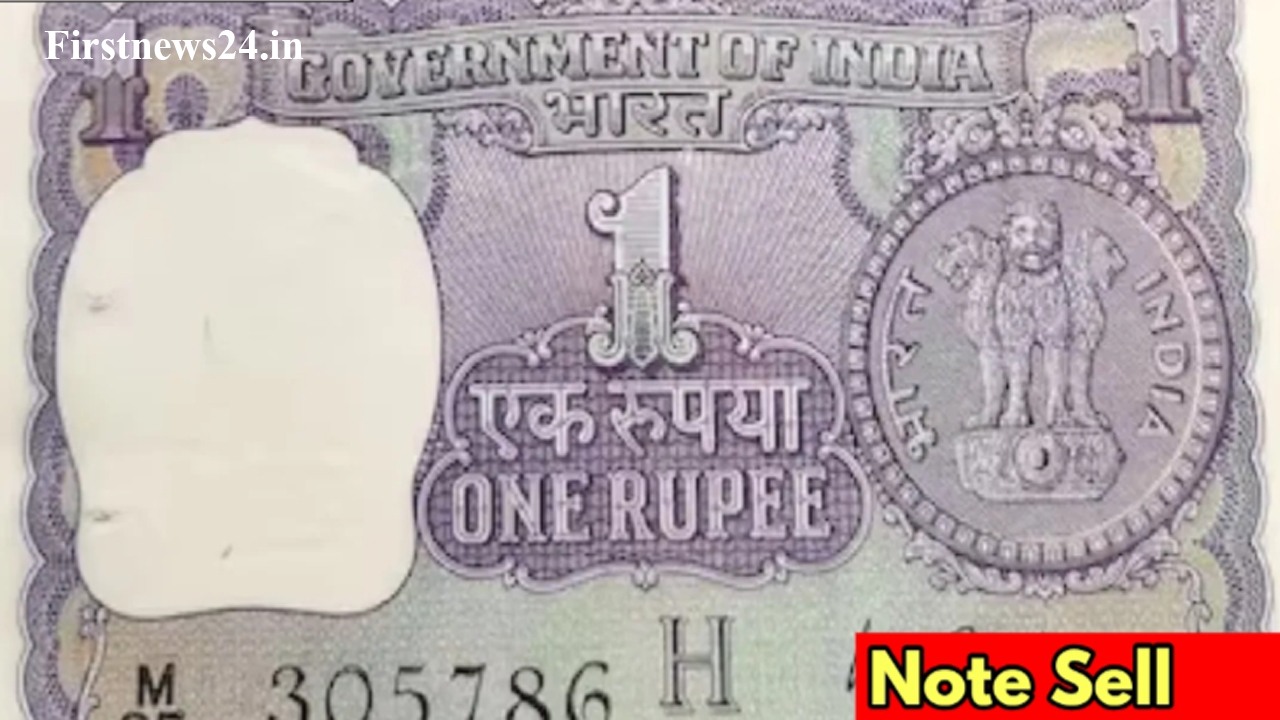In recent times, a surprising trend has emerged in the collectibles market: old currency notes, especially the vintage Rs 1 note, are fetching staggering amounts online. If you’ve ever come across a dusty Rs 1 note tucked away in your cupboard or wallet, now might be the perfect time to turn it into a lucrative opportunity.
Collectors and enthusiasts worldwide are paying hefty sums for these rare notes, with some sellers reportedly earning as much as Rs 4 lakh per note. This isn’t just pocket change—it’s a potential windfall for those who know where and how to sell.
What Makes the Rs 1 Note So Valuable?
The Rs 1 note in demand today isn’t just any currency—its origins trace back to the British colonial era. Issued in 1935, these notes bear the signature of then-governor J.W., making them nearly 90 years old and a prized possession for currency collectors.
A particularly coveted feature is the serial number 786, considered auspicious by many in the Muslim community. Such notes are sought after not only for their historical value but also for the cultural significance attached to the number, symbolizing prosperity and good fortune.
Where to Sell Your Rs 1 Note Online?
If you’re ready to cash in on your old currency, platforms like Quikr and Coin Bazaar offer a straightforward way to connect with buyers. The process is simple:
-
Register as a seller on the Quikr website.
-
Upload a clear, high-quality photograph of your Rs 1 note.
-
Potential buyers will start reaching out with offers.
-
Negotiate and sell your note at a price you find fair.
Remember, a single note can sell for up to Rs 4 lakh, and multiple notes can bring in even more.
Proceed With Caution: Beware of Scams
While the prospect of quick earnings is enticing, it’s important to stay vigilant. The Reserve Bank of India (RBI) does not officially endorse the sale of old currency notes, and the online marketplace can sometimes attract fraudulent buyers.
Many sellers have fallen victim to scams, losing both money and their valuable notes. Always verify buyers, avoid sharing sensitive information, and if a deal sounds too good to be true, take extra precautions before proceeding.
